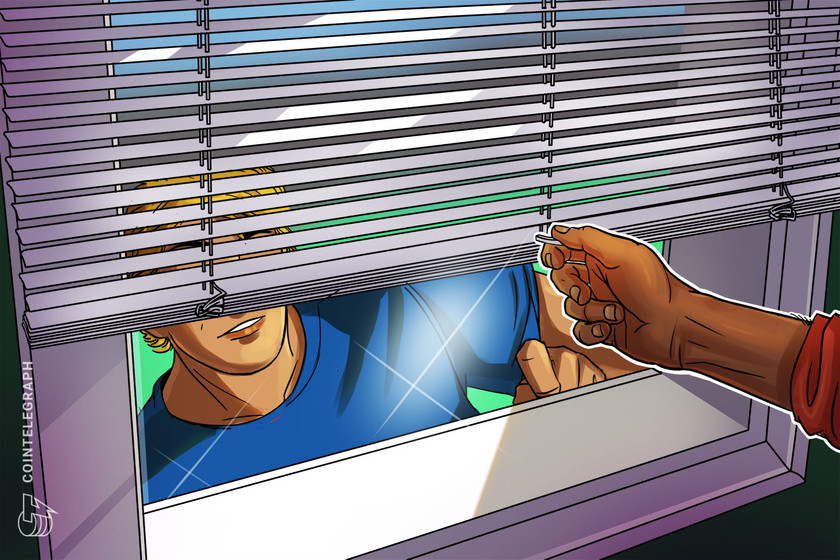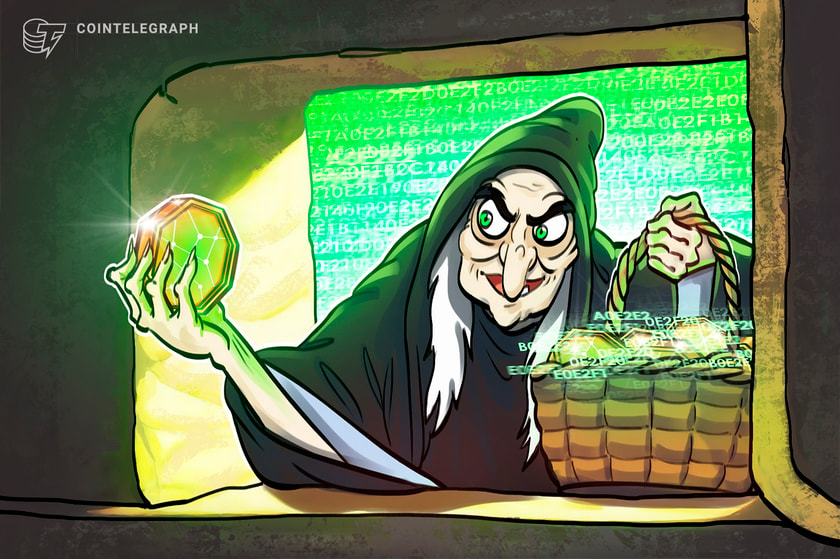An Israeli startup Starkware believes it can solve two of the most pressing issues in crypto trading — the inherent vulnerability of centralized exchanges and the low transactional capacity of decentralized ones.
The venture was co-founded by professor Eli Ben Sasson, who was a founding scientist for Zcash (ZEC). Besides raising almost $40 million from prominent investors that include Sequoia and Intel Capital, it also received a grant from the Ethereum Foundation.
Starkware for exchanges
Oren Katz, VP of engineering at Starkware, explained their approach in an exclusive interview to Cointelegraph:
“We basically provide a scalability engine for exchanges (or marketplaces). The exchange keeps the order book and does the matching. The users post orders to the exchange. The exchange matches orders and sends the ones to be settled to us (StakWare’s service). We batch a large number of trades together (could be tens of thousands) and prepare a single STARK proof, which attests to the validity of the entire batch. The proof is sent to an on-chain verifier (e.g. once every 15 mins). Once verified, the root state (of all user balances) is updated on-chain.”
For decentralized exchanges, the tradeoff is that decentralization decreases. For the centralized ones, it’s the loss of custody over users’ deposits. This may lead to lower revenue, as they will not be able to trade, lend nor stake users’ crypto.
Therefore, the system becomes self-custodial which almost completely eliminates the risk of an exchange mismanaging users’ deposits. Its first use-case is the Deversify exchange, an Ether DEX, launched by Bitfinex.
“We have spoken with all the major crypto exchanges, some get very excited about our solution, some don’t. For some, it’s a bug, for others, it’s a feature. They say ‘people trust us, we have a good reputation’”.
Why should we trust you?
In response to the concern that by implementing Starkware’s technology, an exchange is just moving the burden of responsibility to another centralized entity, Katz explained:
“Ask yourself what is the worst thing that can happen if we become malicious? We can’t steal your crypto since we don’t have your keys, all we can do is stop processing transactions.”
Katz summed the value proposition of Starkware: “What we want to provide users is with the user experience, volume and cost of a centralized exchange, but without the counterparty risk.”
Whether major crypto exchanges will embrace this technology is unclear. Holding millions of dollars in cryptocurrency is burdensome, but also is highly profitable. Much will depend on the users’ appetite for risk.








